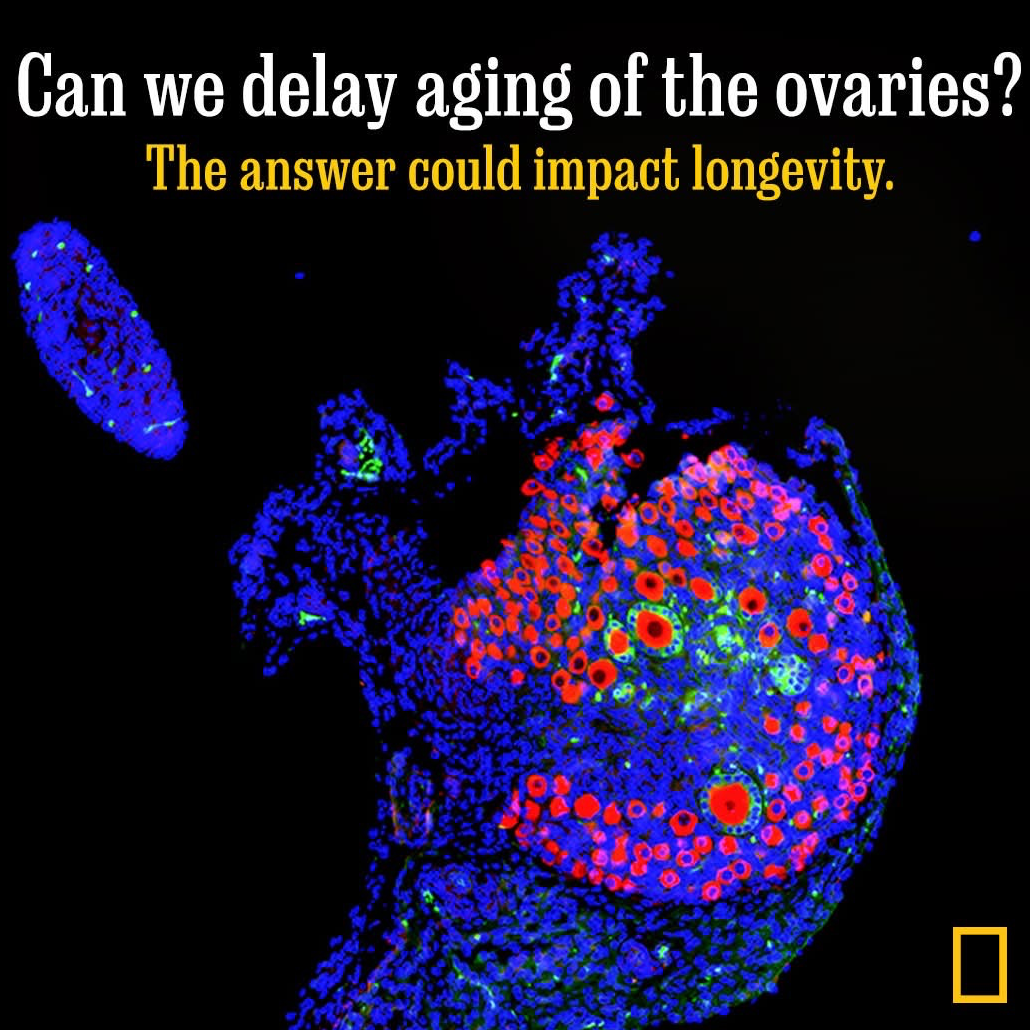+918043694530

This is your website preview.
Currently it only shows your basic business info. Start adding relevant business details such as description, images and products or services to gain your customers attention by using Boost 360 android app / iOS App / web portal.
Can we delay aging of the ovaries??

#Menopause involves the #ovaries ceasing #estrogen and #progesterone production, impacting the entire body by affecting tissues and organs that rely on these hormones. This #endocrine disruption leads to widespread side effects, including #hotflashes, mood changes, sleep problems, #vaginal dryness, and an increased risk of osteoporosis, heart disease, and stroke. Hormone replacement therapy (#HRT) and other medications can help manage symptoms and mitigate long-term health risks by restoring hormone levels and preventing the decline of estrogen. Hormonal Changes and Their Impact #Ovaries as #Endocrine Organs Ovaries serve as important endocrine organs, producing hormones like estrogen and progesterone that communicate with almost every tissue in the body. Estrogen's Widespread Effects The dramatic decrease in estrogen levels during menopause affects the brain (causing #mood and #memory issues), muscles, #skin, and the cardiovascular system. Common Symptoms of Menopause #Vasomotor Symptoms Hot flashes and night sweats are very common, causing sudden feelings of heat and disrupting sleep. Mood and #Cognitive Changes Many women experience irritability, anxiety, depression, and "brain fog, " which is trouble finding words or remembering things, due to estrogen's effects on the brain. Physical Changes Vaginal dryness, pain during #intercourse, and #incontinence can occur. Sleep Disturbances #Sleep problems are a frequent symptom, often linked to hot flashes and other factors like restless leg syndrome. Long-Term Health Risks #Bone Health Low estrogen levels increase the risk of osteoporosis (bone weakening). #Cardiovascular Health Changes around menopause can raise the risk of #heart disease, #stroke, and an increase in #bloodpressure. Metabolic Changes Decreased estrogen can contribute to #obesity, #insulinresistance, and type 2 #diabetes. Treatment and Management Hormone Replacement Therapy (HRT) HRT can effectively boost hormone levels to alleviate symptoms like hot flashes and vaginal dryness and help prevent #osteoporosis. #Non-Hormonal Treatments Other medications, such as Selective Estrogen Receptor Modulators (SERMs), can also help with #osteoporosis. #Lifestyle Adjustments Adequate #calcium and #Vitamin D intake, along with regular #exercise and #smoking cessation, are important for bone health. Seeking Medical Advice Consult a healthcare professional, such as an ObGyn or a doctor specializing in menopausal medicine, to discuss the balance of risks and benefits for hormone therapy and to develop a personalized treatment plan at Dr Gadekar Maternity home, New Nashik contact 7875278689 Dr Kavita Gadekar, OBGYN , Menopausal health expert

